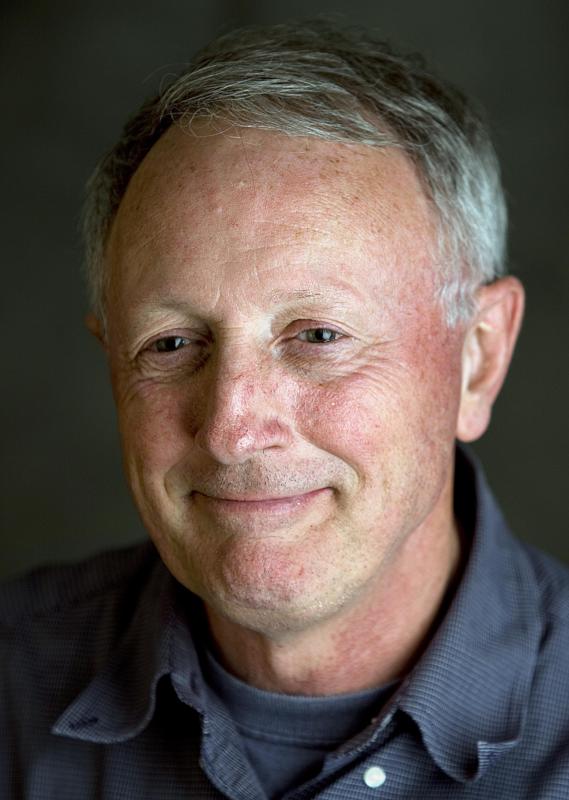At WiseGEEK, we're committed to delivering accurate, trustworthy information. Our expert-authored content is rigorously fact-checked and sourced from credible authorities. Discover how we uphold the highest standards in providing you with reliable knowledge.
What is the Connection Between Schizophrenia and Anxiety?
Many connections exist between schizophrenia spectrum disorders or simply schizophrenia and anxiety. Some of the ties noted include that anxiety disorders seem higher in schizophrenics than in the general population, that conditions like obsessive-compulsive disorder (OCD) may occasionally predict schizophrenia, and that presentation of either schizophrenia spectrum disorders or anxiety disorders can complicate diagnosis. It’s also important to distinguish between the general worry and concern some schizophrenic spectrum disorder sufferers may feel about being part of society that may fuel anti-social behavior, and a true state of anxiety as represented by conditions like generalized anxiety disorder or OCD.
When conditions are present together, they’re called comorbid. Review of the medical literature suggest that schizophrenia spectrum disorders and anxiety disorders are common comorbid conditions or a high number of people who have suffered from schizophrenia can point to previously or currently suffering from anxiety. Some research suggests that one of the strongest connections between schizophrenia and anxiety is that up to half of people diagnosed with schizophrenia spectrum disorders were diagnosed at some earlier point with an anxiety disorder. Such studies suggest correlative risk factor for people with anxiety disorders.

Similar research finds that OCD, which is classed as an anxiety disorder, appears to hold similar risk. The two illnesses may appear together or OCD can manifest years before psychosis. One connection between schizophrenia and anxiety disorders like OCD is that the two diseases can have many features in common, and some clinicians feel OCD should be on the schizophrenia spectrum. Schizophrenics may have strongly compulsive behavior that “looks” like OCD, and OCD compulsion may seem like schizophrenia. Different studies have evaluated this connection and have established that comorbidity of schizophrenia spectrum disorders and OCD is approximately 10-25%.

It’s challenging to distinguish between schizophrenia and anxiety that might be part of the disease. Features of schizophrenia can include strong distress at having routines disrupted, and anxiousness as a side effect of antipsychotic medications. There may be a fuzzy line between the “normal” anxiety of schizophrenia and the point at which it crosses into a true disorder state and might require other forms of treatment.

The medications often used to address anxiety, whether or not it is part of a disorder, are benzodiazepines and these can create more problems by causing sedation, cognitive dullness, and sleepiness that compound with side effects of antipsychotics. Schizophrenia has a poor rate of medication compliance and additional medicines may make some patients more reluctant to take any of their meds. Thus, when schizophrenia and anxiety present together, treatment of both disorders is more complex. It also may be more difficult to pursue cognitive therapy treatments for anxiety, which are often the most sanctioned approach, if psychosis remains present to a large degree.
AS FEATURED ON:
AS FEATURED ON:















Discuss this Article
Post your comments